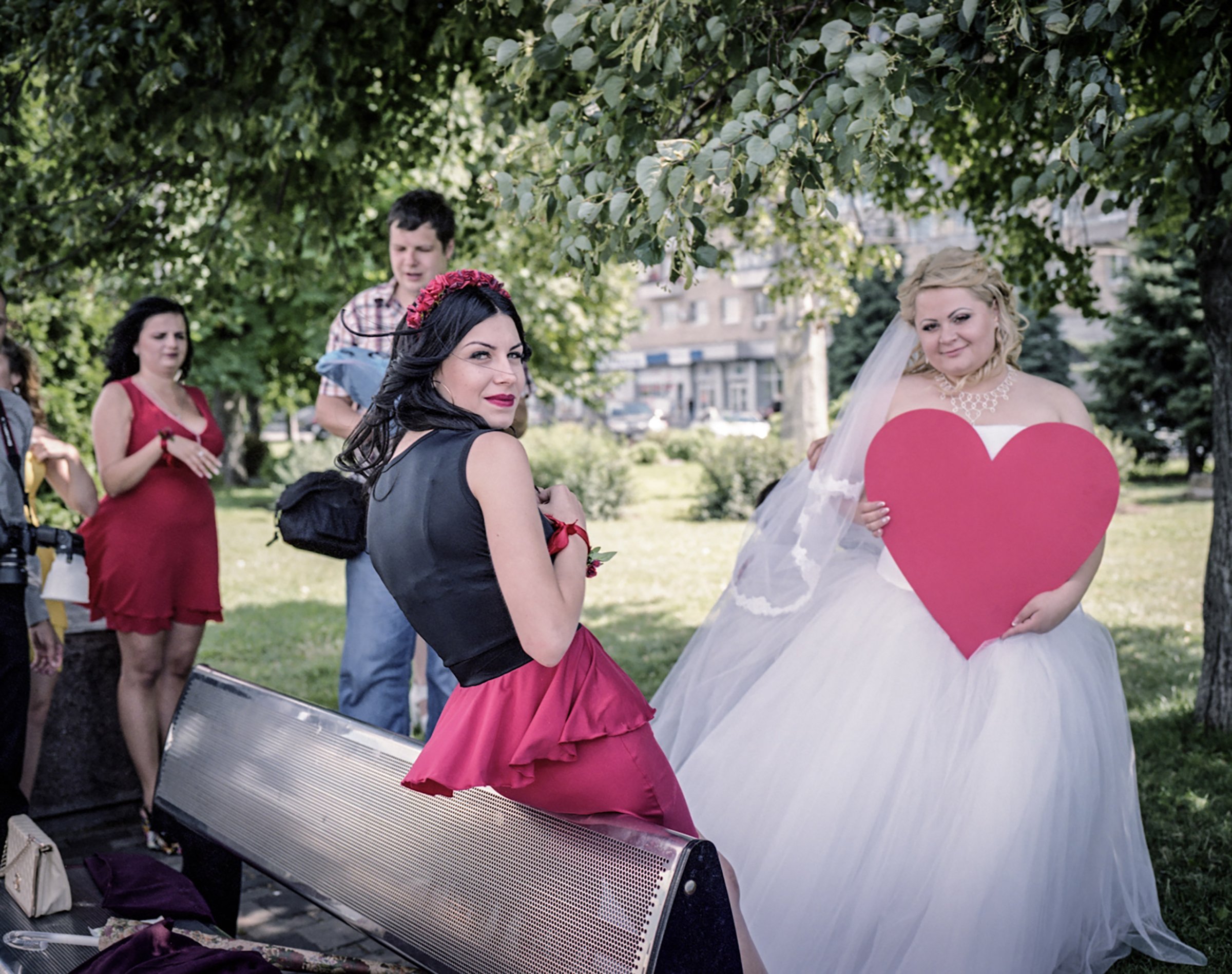
Justyna Mielnikiewicz has been awarded the prestigious W. Eugene Smith Fund, an annual prize that champions the work of humanistic photographers from around the world. The $30,000 grant was given to her project “A Diverging Frontier: Russia and its Neighbors”, which brings to life a region still in disarray, nearly 25 years after the collapse of the Soviet Union.
“Receiving this award is a validation,” Mielnikiewicz tells TIME. “It’s just good to know that something you’ve been working on for 15 years is considered worthwhile. I have been working from the Caucasus and Ukraine for a long period and there has not really been a huge interest in the region. The award doesn’t just endorse originality of the topic or talent but a big part of this prize is support to the commitment of the photographer.”
Mielnikiewicz’s work is a study in shifting borders and national identities; it documents life for those on the edges of Russia. “The idea of a border is very abstract to me,” says Mielnikiewicz. “Who decides who can live in a certain land and who cannot? How many years do you have to be living on the physical space of certain countries to be eligible to claim citizenship? They are questions without answers.” December 2016 will mark the 25th anniversary of the fall of the Soviet Union, when 15 Soviet republics became independent countries. For Mielnikiewicz, it is the border countries, still grappling with Russia’s sphere of influence, that interest her most.
Mielnikiewicz’s work may be journalistic but it offers a very different perspective to the typical news coverage of war-torn Ukraine. “It was very important to show these places in the everyday, “ she explains. “Even in the time of war, people still get up, brush their teeth, have to do their shopping. They go meet their friends, they marry and they die. In a peaceful time it’s easier, in wartime it’s harder. But war or revolution or unrest doesn’t stop real life.”
While the obvious focus may be areas that are “on fire”, Mielnikiewicz searches for the human narratives within a wider context. The impact of the 2008 Russo-Georgian war and the ongoing war in Ukraine is marked through intimate familial portraits. Mielnikiewicz deliberately removed any images of politicians from her final edit as she wished the focus to be on the everyday people: A Ukrainian father, returning from the frontline embracing his daughter or a family weeping beside the open casket of a young Georgian woman, killed in the Gali bombing.
Though Mielnikiewicz’s work in Ukraine won a grant from The Aftermath Project in 2015, the project began without an assignment, which motivated her to photograph on film. “It was a conscious decision. By documenting on film I could get away from the obsessive elements of news,” she explains. “Film allows you to step back, it’s a slower process. It doesn’t give you that news junkie fix where you’re obsessively going through the photos in the evening.”
In a region that often has contrary interpretations of recent history, her work speaks to both sides of past and present conflicts – and all of the grey in between. “War is not black and white,” she says. “What interests me is the mixed families and the borderland areas where things are not so clear cut.” Her approach straddles the candid and the emotional and while she gives both sides a voice, her “objectivity is set within the rules of rationality.”
The Eugene Smith Grant will allow her to complete this body of work and present a comprehensive visual guide to the considerable impact of border divisions on the Russian diaspora.
Other awardees of 2016 Smith grants include Oscar B. Castillo who received the Smith Fund Fellowship for “Our War, Our Pain. The Debacle of a Dream” and Liza Faktor who won the Howard Chapnick Grant for “Practicing Transmedia in Photojournalism”.
Justyna Mielnikiewicz is a freelance photographer based in Tbilisi, Georgia. Follow her on Instagram and Twitter
Alexandra Genova is a writer and contributor for TIME LightBox. Follow her on Twitter and Instagram
Follow TIME LightBox on Facebook, Twitter and Instagram
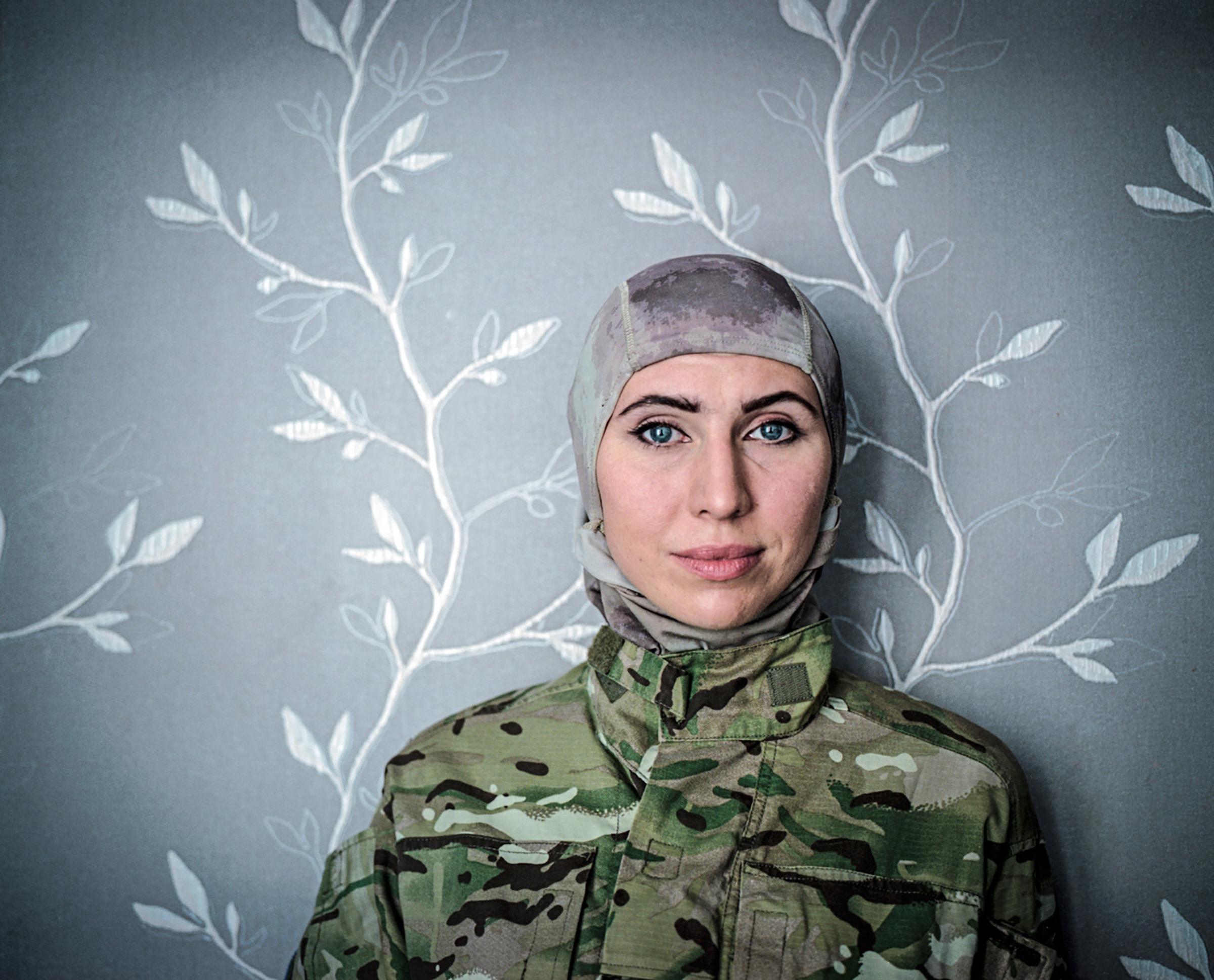
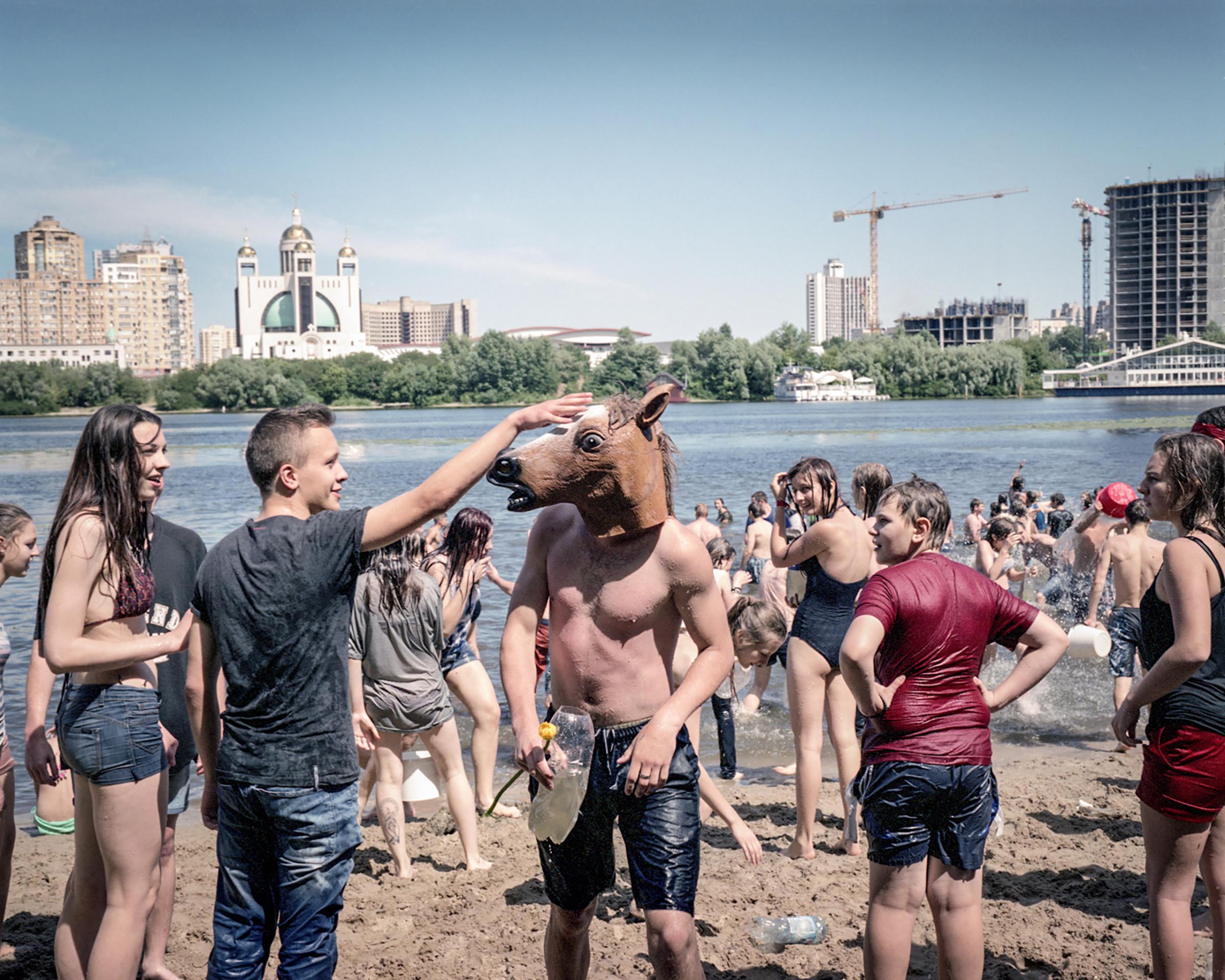
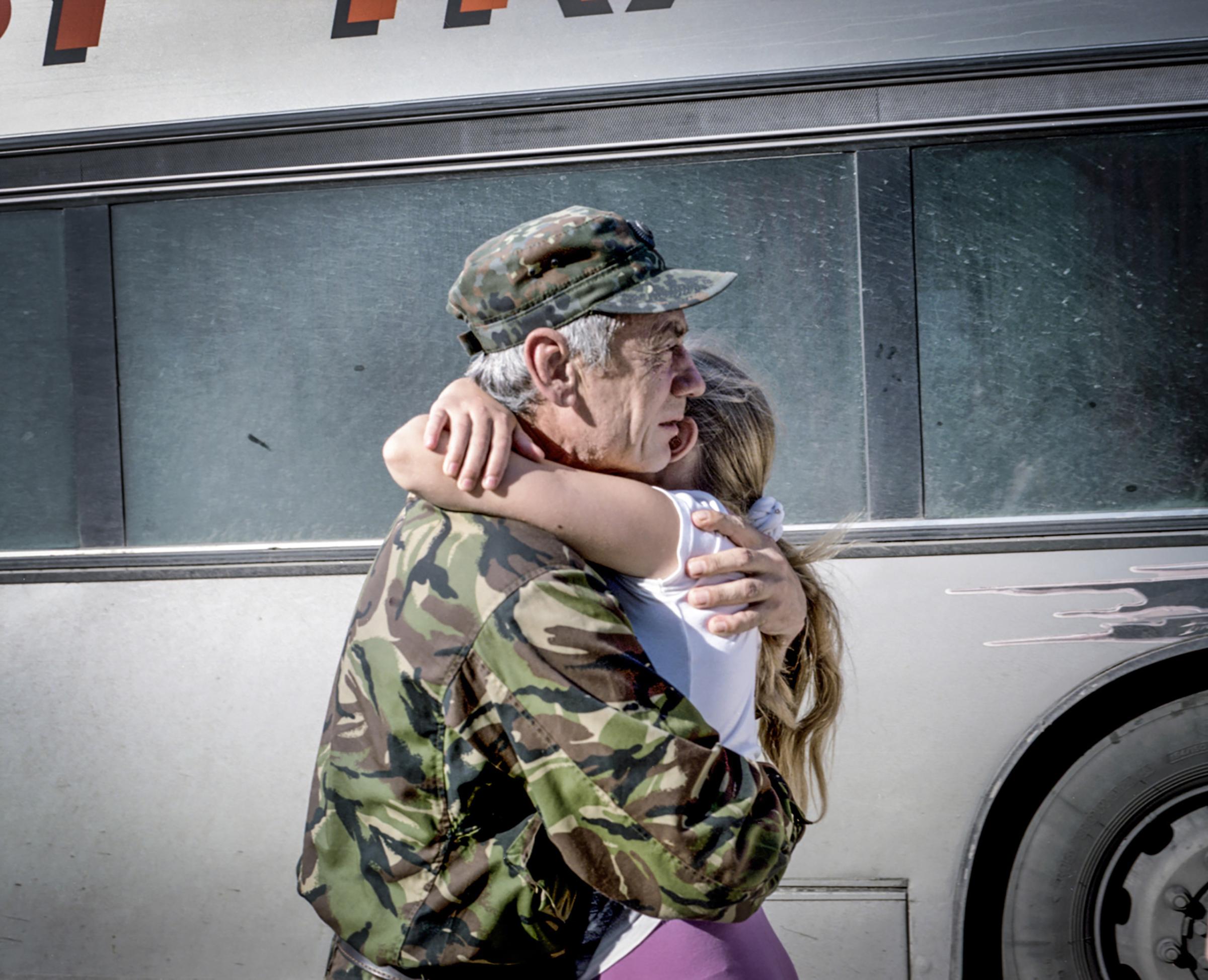
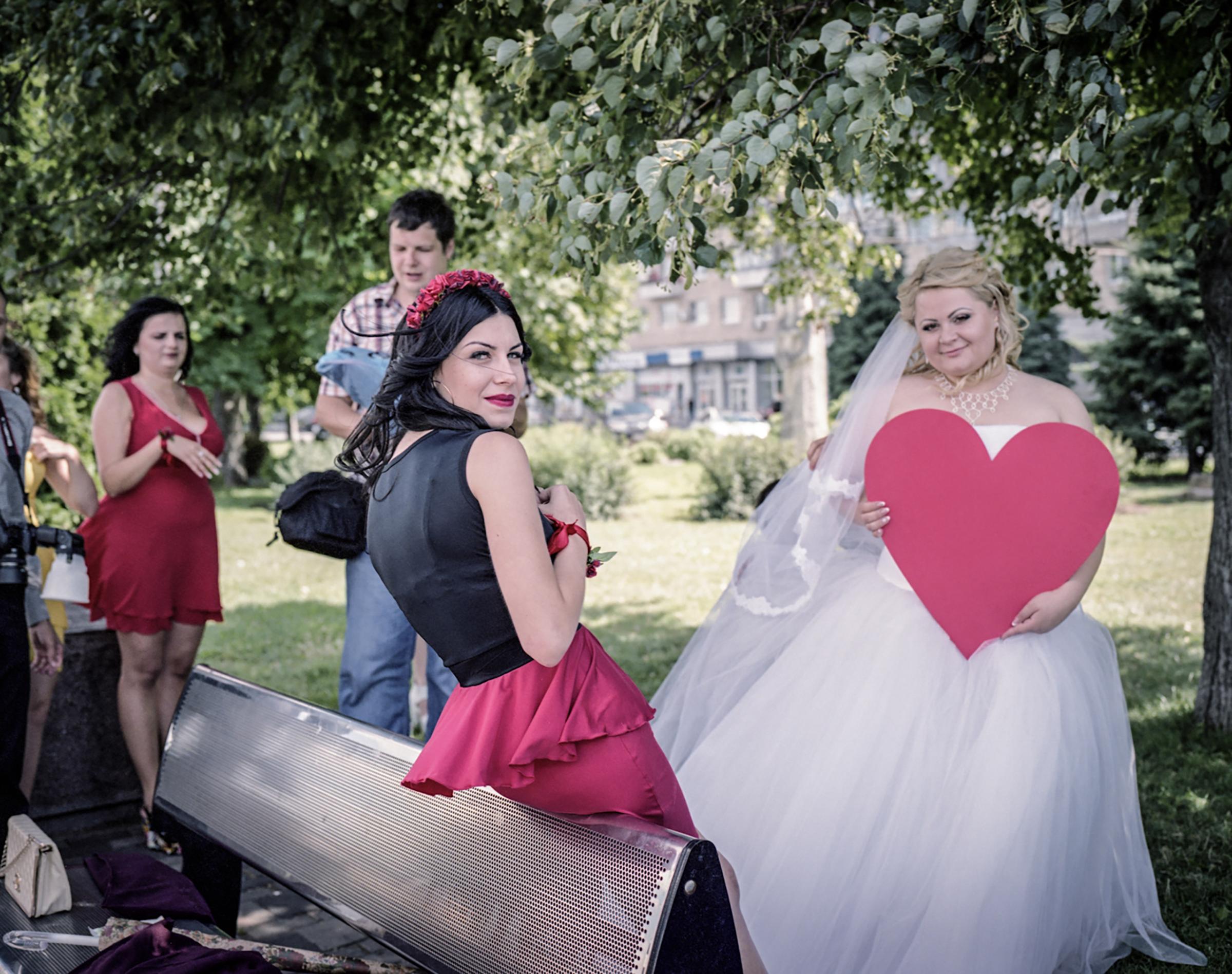
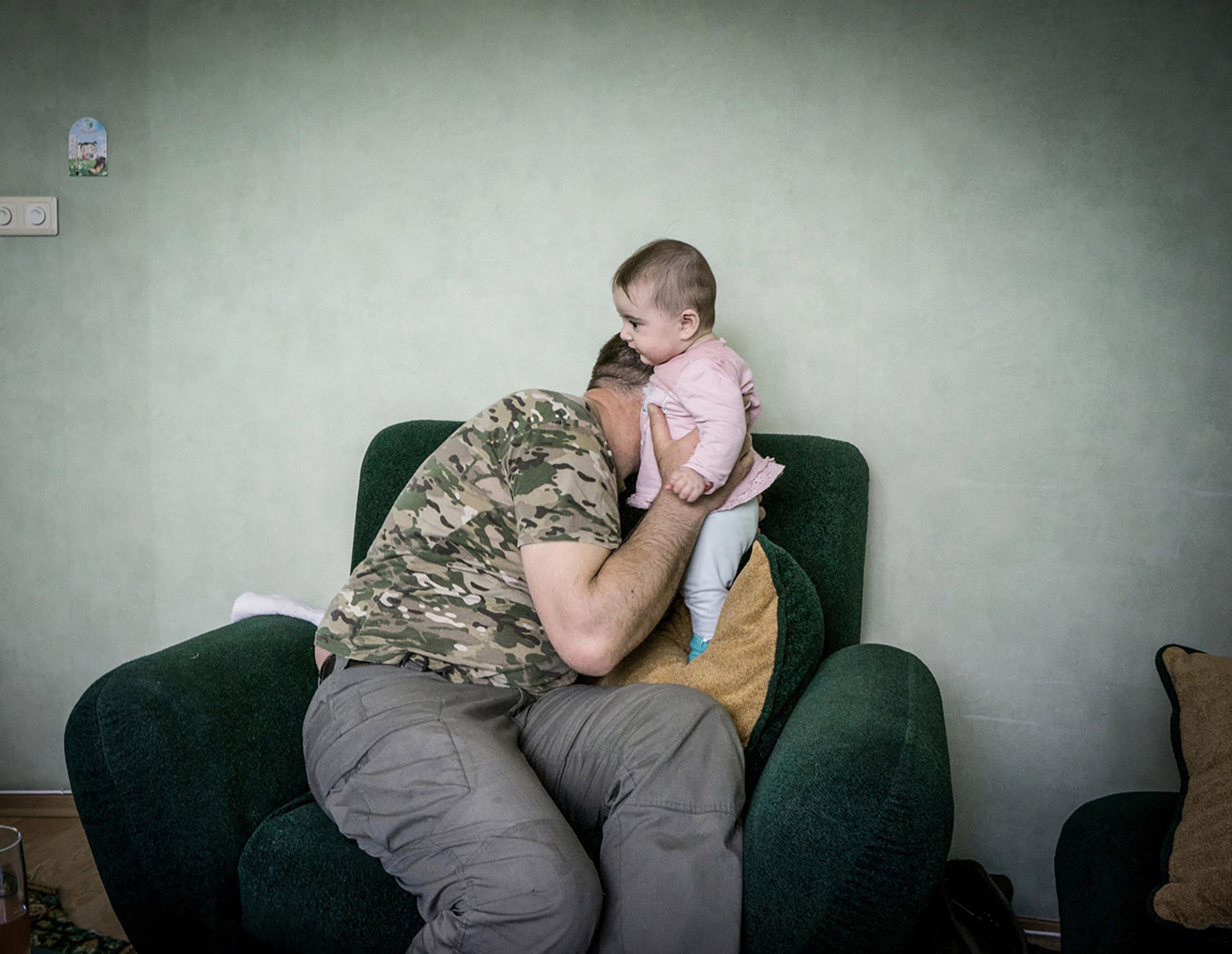
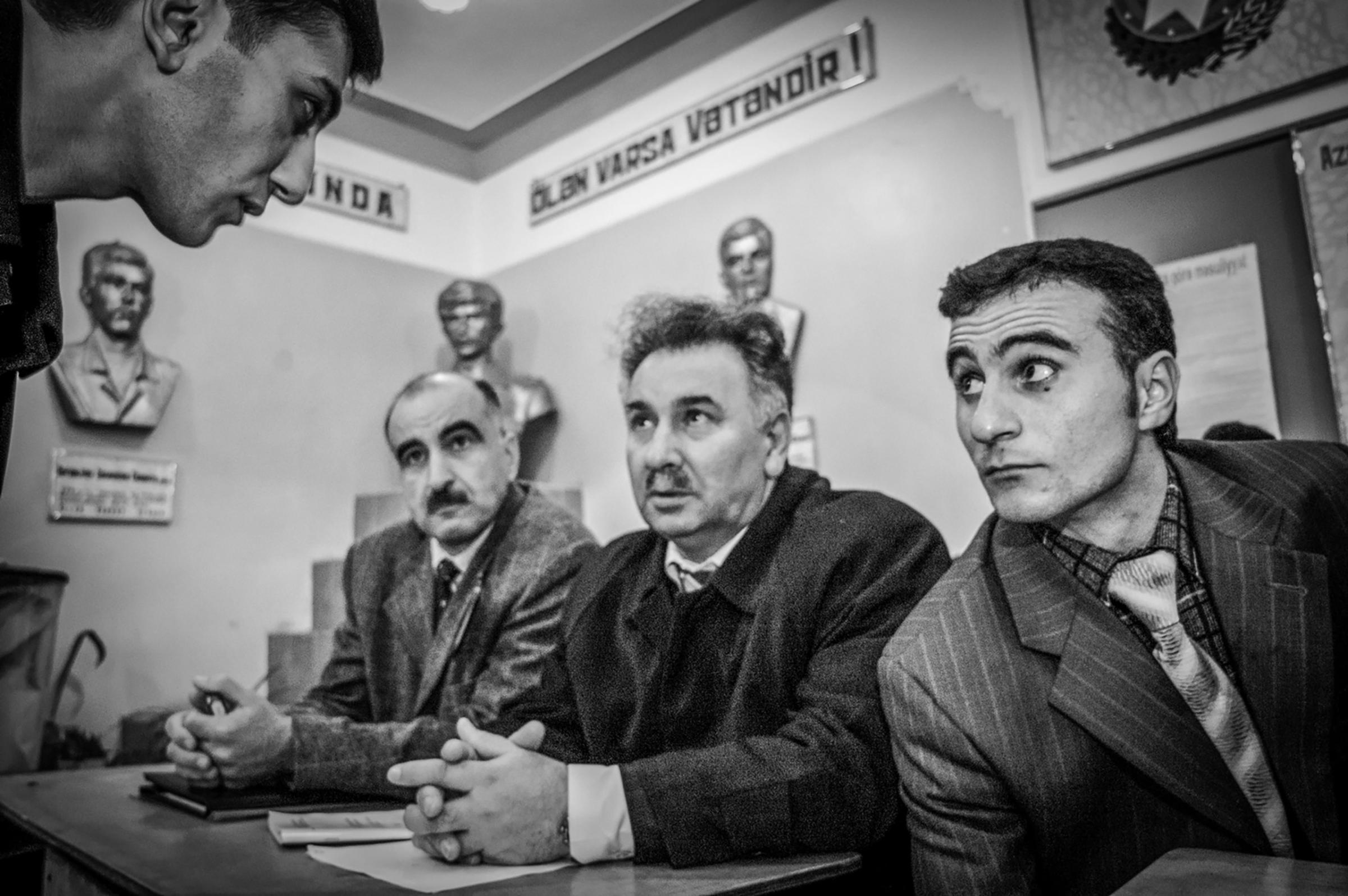
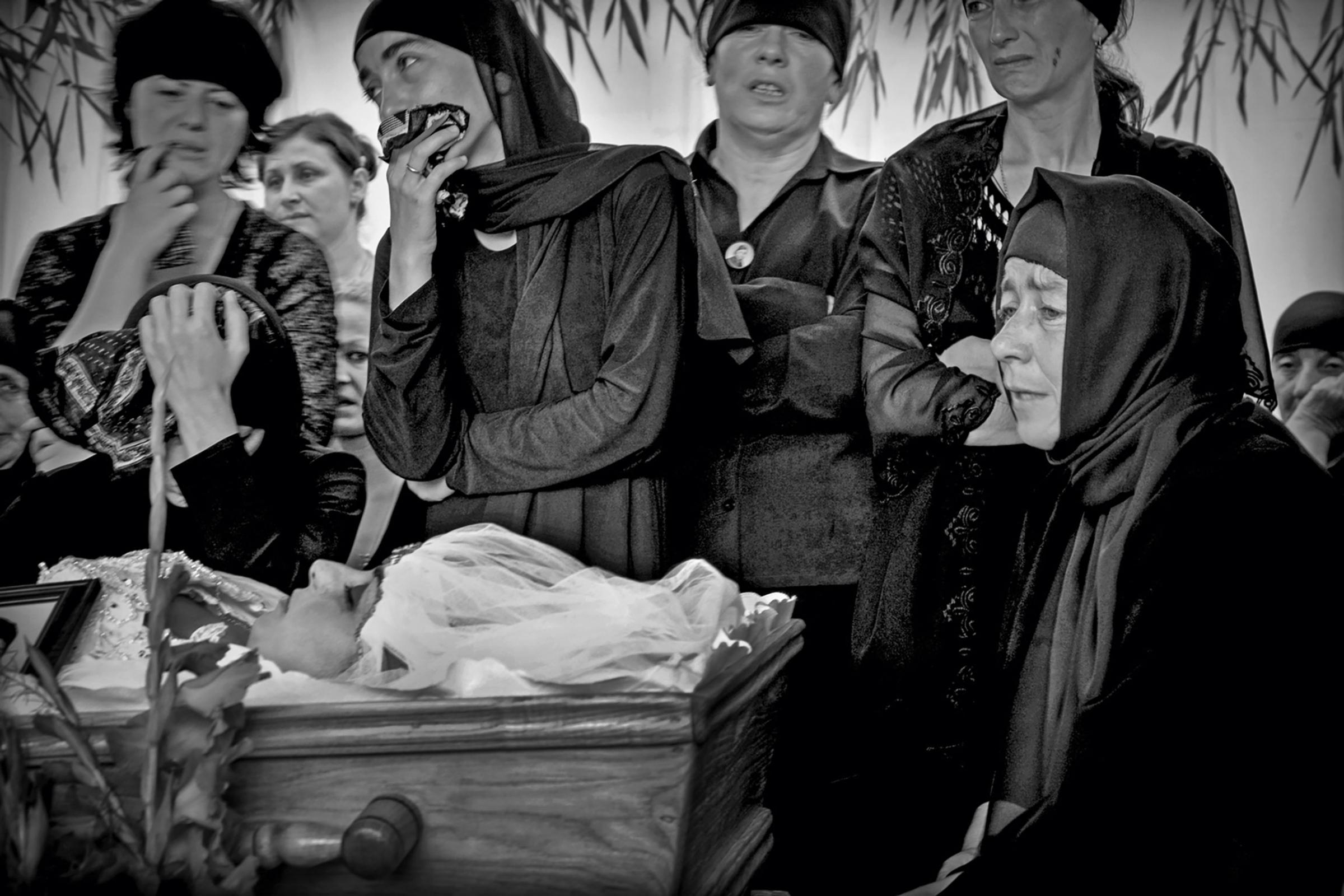
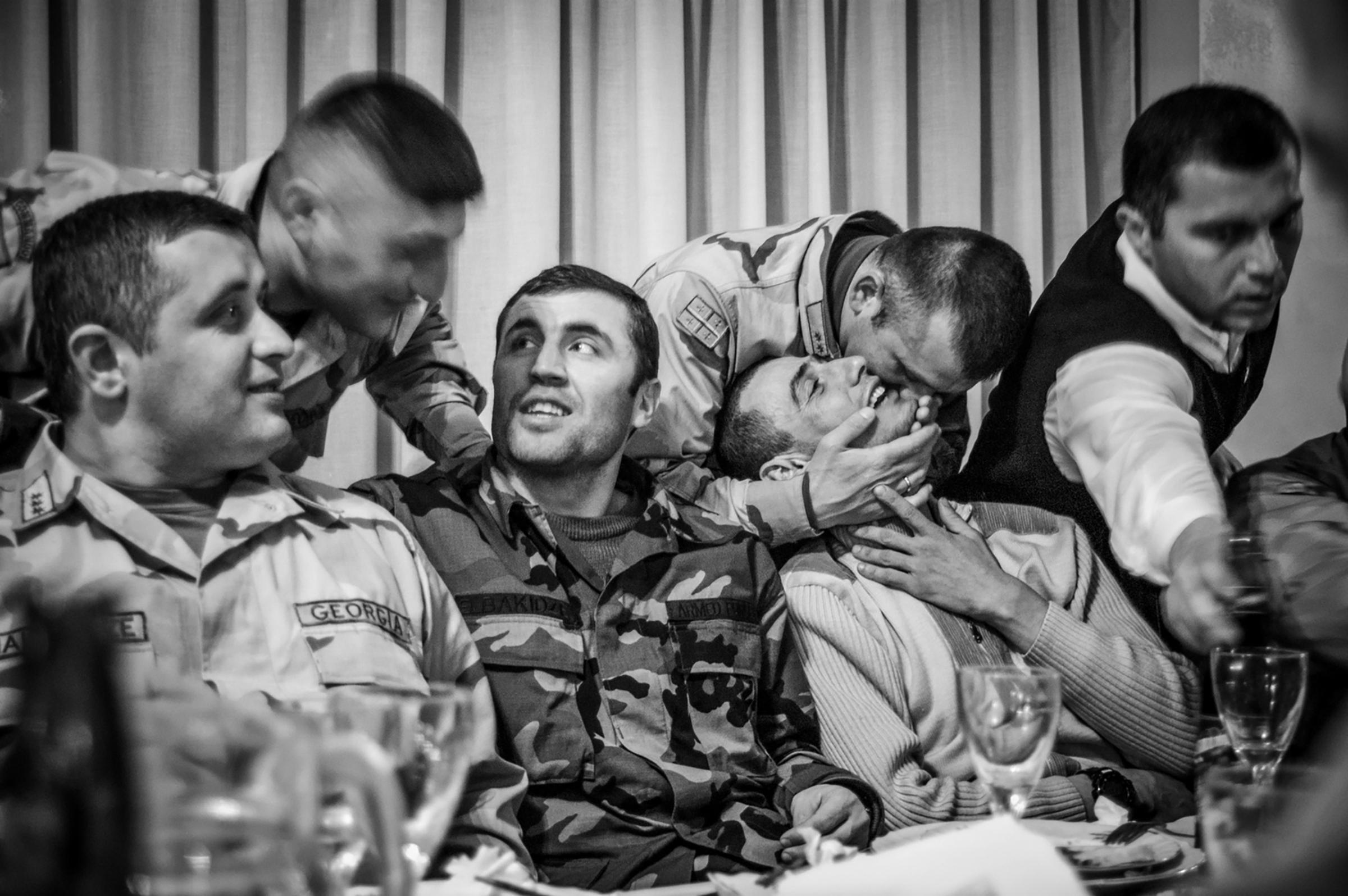
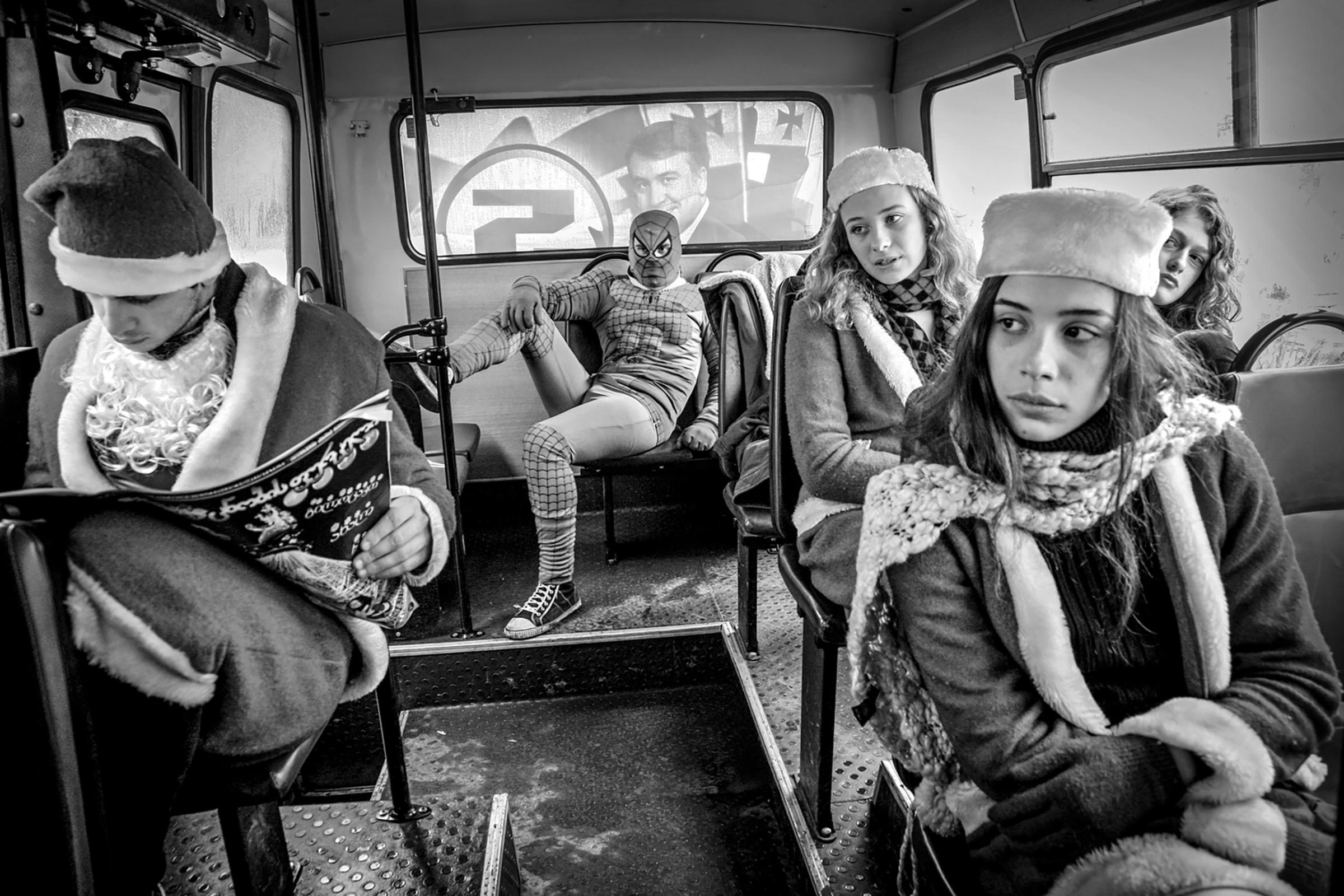
More Must-Reads From TIME
- The 100 Most Influential People of 2024
- How Far Trump Would Go
- Scenes From Pro-Palestinian Encampments Across U.S. Universities
- Saving Seconds Is Better Than Hours
- Why Your Breakfast Should Start with a Vegetable
- 6 Compliments That Land Every Time
- Welcome to the Golden Age of Ryan Gosling
- Want Weekly Recs on What to Watch, Read, and More? Sign Up for Worth Your Time
Contact us at letters@time.com